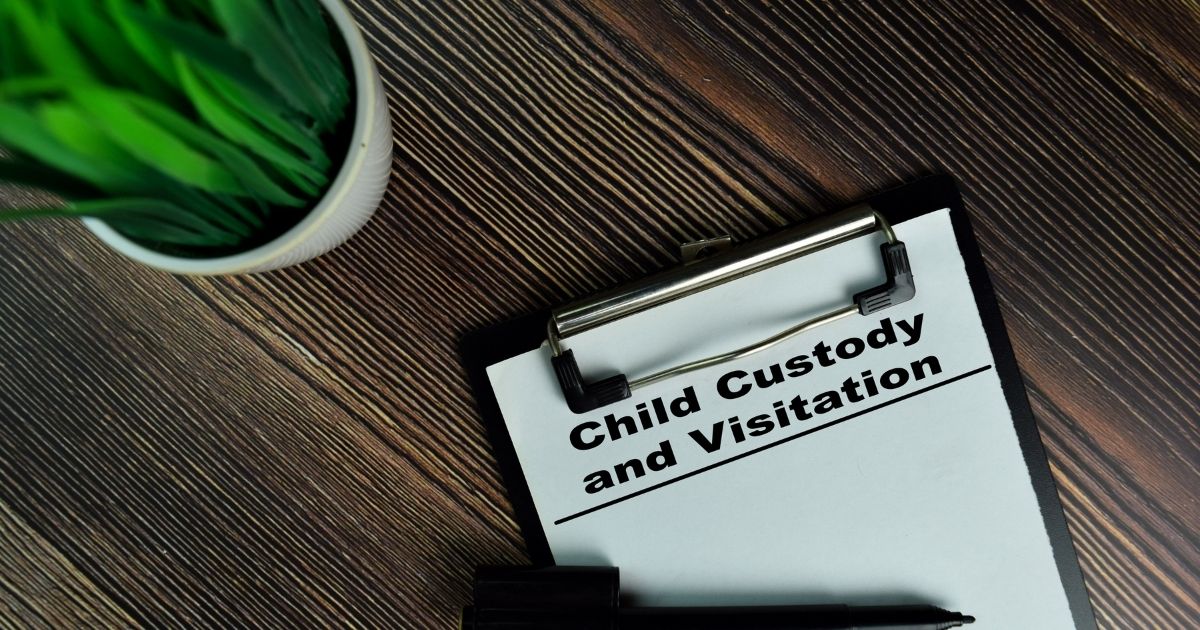After foster care placement is made, knowing what to next depends on the parties involved, including the parents and grandparents. Each party has to prove what is known as standing, which is the legal right to petition the court about the foster child.
Other parties may be involved as well, including siblings and close family friends, who may be able to petition the court as well. Their set of facts can determine their success in obtaining visitation rights. If the Division of Child Protection and Permanency (DCPP) removed the child because of child abuse or neglect, the parents should speak to a lawyer as soon as possible.
The right to challenge a foster care placement is dependent on the legal concept of standing, which is the right to file a claim for relief in court. Unless there is no legal standing on the facts presented, these petitioners can challenge or petition for relief in a foster care case:
- Parents: Adoptive parents of a child later placed in foster care are considered parents.
- Grandparents: There are usually two sets of grandparents. Extended grandparents may not have standing to seek visitation.
What are the Rights of the Parents?
Losing custody of a child is a troubling legal process. Taking the child from their home is devastating. Foster care placement does not intend for the parents to cease to have recourse to try to challenge the determination or to seek modifications. It is only when there is a termination of parental rights does it mean that the child is to be placed for adoption, which will generally terminate the rights of the biological mother and father.
Aside from consulting with a lawyer about legal challenges or investigations to see if the foster process was flawed in some way, there are steps a parent can take when their child is placed in the foster care system:
- Remain in contact with the caseworker. Foster care is not intended to remove a parent from the child’s life, although physical separation is a great barrier to overcome. The child will have a caseworker who needs to know that the parent wants to remain in the child’s life with visits, providing information on the child’s needs, likes, and dislikes to make the child feel comfortable in the new setting.
- Ask to be allowed to speak with the foster parents. One can ask to speak to the foster parents in order to monitor how the child is doing.
- Ask for regular visitation with the child. If this is granted, visitations will be supervised.
Foster care families are vetted, and one can expect a caring and attentive foster home, but there are exceptions and instances where a foster family takes in more children at a time. Devoting time to one’s own children is demanding, but even more so when foster children are involved.
Unless the foster care is permanent, one can investigate an end plan where the child is returned to the home. Foster children do not have to age out of the system.
What are the Rights of the Grandparents?
In New Jersey, a grandparent has the right to ask for and get visitation. However, only a qualified lawyer can provide a grandparent with the information that they need to see if visitation can be obtained. Visitation is not the same as custody. A grandparent who was visiting regularly with the child should be able to continue to do so when the child is removed from the home and into foster care.
There are situations where a grandparent can petition the court to have the child placed in their home instead of in the care of foster parents. However, the facts will determine the outcome. It is important to consult with a lawyer to file a petition.
A grandparent who is seeking visitation can try to reach out to the child’s caseworker, but this might not be a good first impression. Making a case to the caseworker includes a delicate balance of facts, emotions, and law. Those working in foster care as public employees have to be convinced that visitation is in the foster child’s best interest. As with a parent, grandparents should expect supervised visits.
What are the Child’s Rights?
The child has rights under the Child Placement Bill of Rights. These rights include:
- If removed from the home, the child can be placed with a relative and siblings.
- Have regular visits with their parents and siblings.
- Have stability in the family as much as possible.
- Have all available resources, including legal representation, education, medical care, food, clothing, shelter, and socialization.
- Regarding health care, all foster children have the right to services from the New Jersey behavioral health system and any other such programs.
Haddonfield DCPP Lawyers at the Law Offices of Theodore J. Baker Answer Important Foster Care Questions
Placement into the foster care system by the DCPP may not be the end of the road. Parents and others should understand how foster care works and how to try to reunite their families. Speak to one of our dedicated and compassionate Haddonfield DCPP lawyers at the Law Offices of Theodore J. Baker as soon as possible after a foster care placement. Call us at 856-795-9400 or contact us online for an initial consultation. Located in Cherry Hill, New Jersey, we serve clients throughout South Jersey, including Haddonfield, Marlton, Medford, Moorestown, Mount Laurel, and Voorhees.









